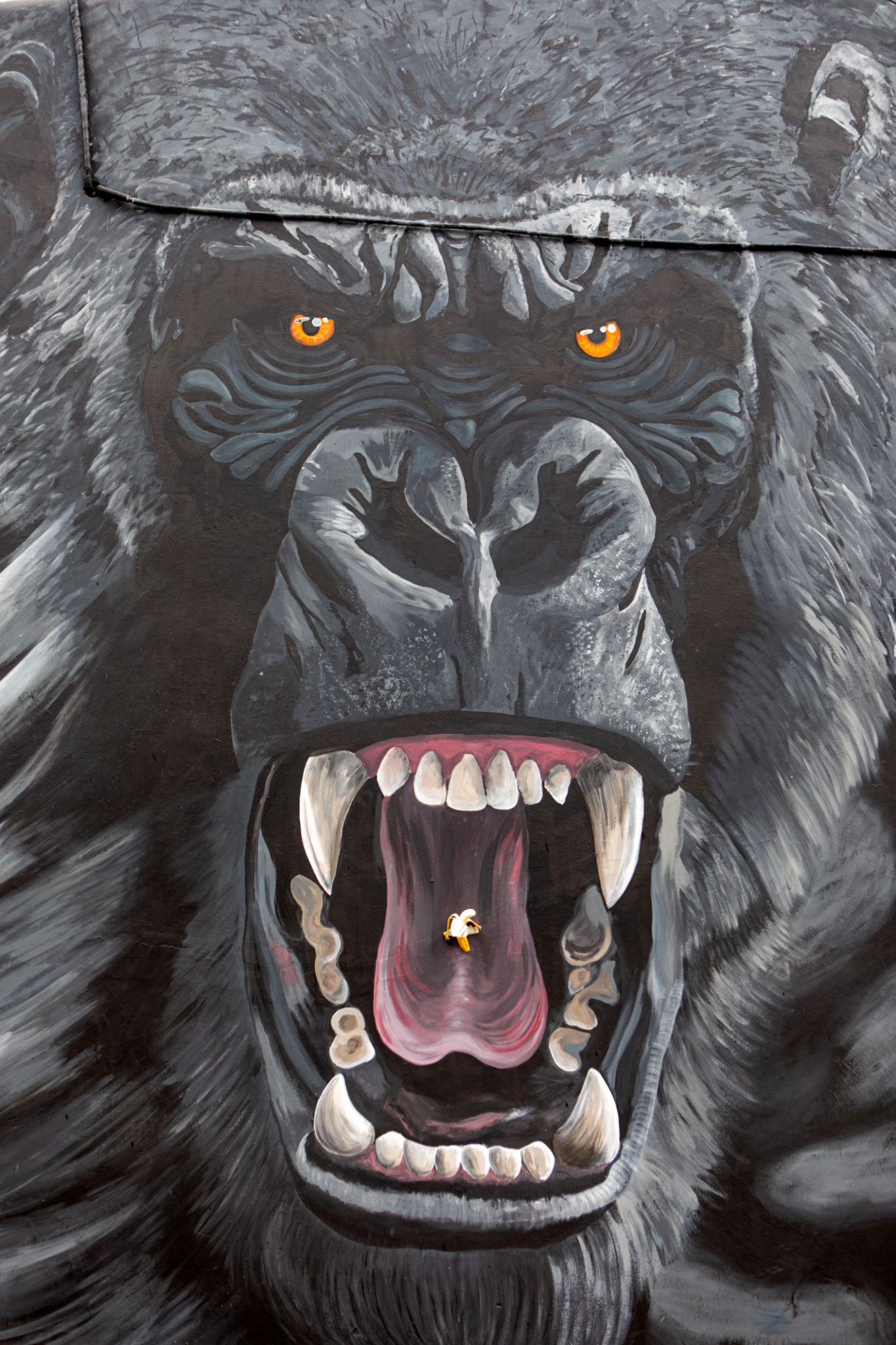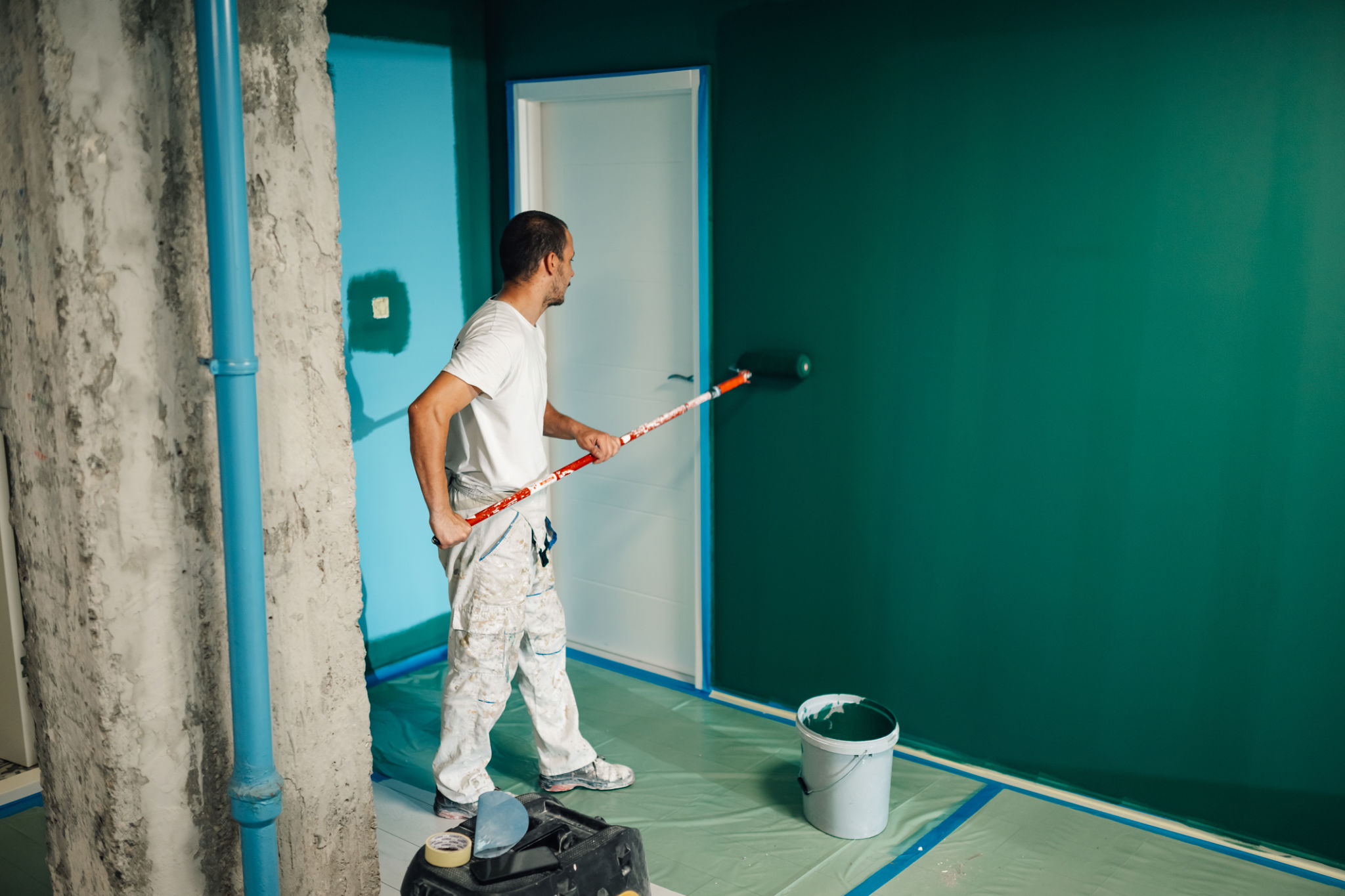Understanding the Cost of Decorative Painting: A Comprehensive Guide
Introduction to Decorative Painting
Decorative painting is a captivating way to add personality and flair to any space. Whether it's a mural in a child's bedroom or a faux finish in the living room, decorative painting can transform the ordinary into the extraordinary. However, understanding the cost of such projects is crucial for planning and budgeting. In this guide, we'll explore the factors that influence the cost of decorative painting and how you can make informed decisions for your next project.

Factors Influencing Cost
Complexity and Design
The complexity of the design is one of the most significant factors affecting the cost of decorative painting. Simple patterns may require less time and fewer materials, while intricate designs can increase both. Artists often charge based on the level of detail involved, so a mural featuring a detailed landscape will likely be more expensive than a simple geometric pattern.
Size of the Area
The size of the area to be painted also plays a crucial role in determining cost. Larger spaces require more time, effort, and materials, which can add up. Painters typically measure the area in square feet or meters to provide an accurate estimate. It's important to remember that larger projects might also require scaffolding or additional equipment, impacting the overall price.

Materials and Techniques
Types of Paint and Supplies
The choice of paint and supplies can greatly affect the cost. High-quality paints might be more expensive but offer better durability and finish. Additionally, special effects like metallic finishes or textures may require specific products that can increase expenses. Discussing these options with your artist will help you balance quality with your budget.
Techniques Used
Various techniques can be employed in decorative painting, each with its own cost implications. Techniques like trompe-l'œil, glazing, or sponging require different skills and time commitments. The more complex or labor-intensive the technique, the higher the potential cost.

Hiring a Professional vs. DIY
Deciding between hiring a professional and undertaking a DIY project can significantly impact costs. Professionals bring expertise and experience, ensuring high-quality results but at a higher price. A DIY approach might save money upfront but could lead to additional costs if mistakes occur. Weighing these options carefully can help you make the best decision for your project.
Additional Costs to Consider
Beyond the direct costs of labor and materials, there are other potential expenses to keep in mind. These might include permits for large outdoor murals, travel expenses for artists working outside their local area, or even insurance coverage for larger projects. Being aware of these additional costs can help avoid surprises during your decorative painting journey.
Conclusion
Understanding the cost of decorative painting involves considering several factors, from design complexity to material choice. By evaluating these elements and deciding whether to hire a professional or tackle the project yourself, you can create a beautiful space that reflects your style without breaking your budget. With careful planning and clear communication with your artist, you can ensure a successful and satisfying decorative painting experience.
